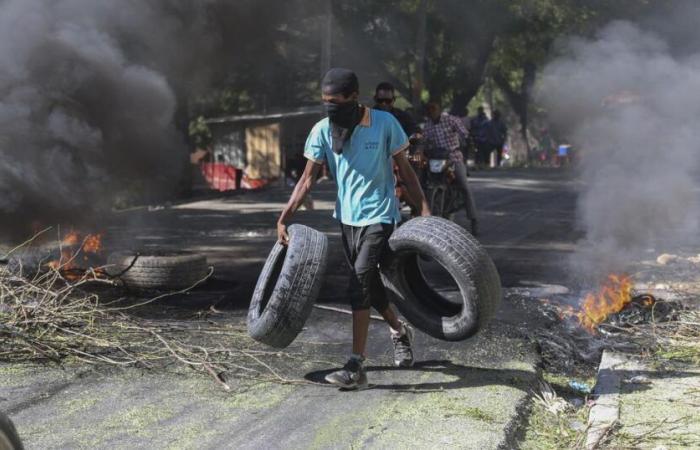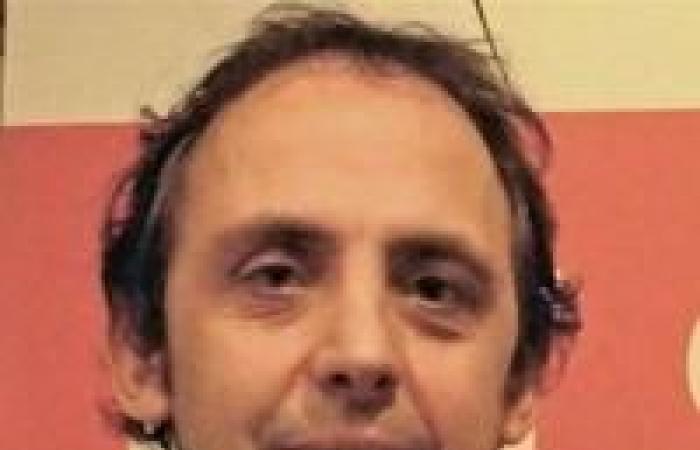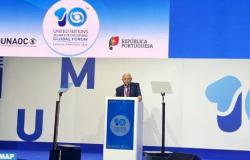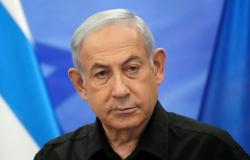The violence in Haiti is only getting worse, if that is even possible. Attacks by armed gangs are increasing, including in the capital. While the UN has counted more than 4,900 deaths since the start of the year, NGOs continue to desert the field in the face of danger targeting their own collaborators.
Last week, police announced they had killed 28 gang members in a suburb of Port-au-Prince, with the support of angry residents.
>> More details in our article: Twenty-eight gang members killed by Haitian police and residents of Port-au-Prince
The same week, Doctors Without Borders (MSF) announced the suspension of its activities in the capital following threats made by members of the security forces and even attacks, making the situation ever more uncontrollable and more violent.
Humanitarian staff attacked
“For us, a red line was really crossed: our national and international staff were attacked, physically and verbally, which had never happened in more than 30 years of presence in Haiti,” explained the head of mission of MSF in Haiti Christophe Garnier Monday on the RTS show Tout un monde. He mentions in particular a threat of rape against the staff and another, recent, to “put everyone in cars and set them on fire”.
“That day, two of the three patients present in one of our ambulances were taken out of the vehicle. We then heard around fifteen gunshots. We have no doubt that these patients died,” continues Christophe Garnier.
We are fully aware of the consequences, but we cannot afford to risk more. This is the least worst solution
Further threats followed, forcing the humanitarian organization to suspend admitting new patients. Reluctantly, because MSF is one of the only NGOs still present in Haiti, even though the population desperately needs it.
“We were the only one [ONG de secours à la population encore sur place, ndlr] in all neighborhoods of Port-au-Prince. The provision of care is extremely poor and is reduced a little more each time. It is indeed a tragedy and we are perfectly aware of the consequences. But we can’t afford to risk more. It’s the least worst solution,” defends the head of MSF mission in Haiti.
>> Read also: In Haiti, MSF at the bedside of a population who wants to believe in its future
Freewheeling police officers
If the situation has escalated to the point where even police officers threaten humanitarian personnel, it is because the power vacuum in the country has become such, and over a long period, that all public institutions are collapsing. Certain elements of the police find themselves freewheeling, without any control.
“The fact that MSF treats everyone, including members of armed gangs, is sometimes not accepted by the police and the population,” explains Frédéric Thomas, Haiti specialist at the Center for Tricontinental Studies based in Louvain- la-Neuve.
No stabilization in sight
Many observers thought that the departure of former Prime Minister Ariel Henry last March would reduce the violence and that the situation would stabilize, but they quickly became disillusioned. One of the most powerful leaders of armed gangs, Jimmy Cherizier, continues to sow terror. He called ten days ago to overthrow the presidential transitional council [lire encadré 2].
>> Read about it: The resignation of the Prime Minister in Haiti offers a “ray of hope”
85% of the capital Port-au-Prince is in the hands of gangs, and more than 700,000 people, mostly women and children, have had to flee the violence
The establishment of the latter was also a failure, according to Frédéric Thomas, with “internal struggles within the power, without consultation of the population. There is no real structural progress compared to the control of the armed bands, on the contrary. So much so that today, it is estimated that “85% of the capital Port-au-Prince is in the hands of gangs, that more than 700,000 people, mostly women and children, have had to flee the violence, with a government that seems inactive” and absent from the field, describes the specialist.
“The State has failed to ensure our security”
On the ground, this observation is confirmed: “The State failed to ensure our security. We fought alone to resist, with stones, bottles…”, says a resident interviewed recently by a television channel. French information. Recently, the transition council dismissed the Prime Minister who had been in office for five months to replace him with a businessman, but nothing really seems to change.
>> Read about it: A new government appointed in Haiti to restore stability
To try to put an end to this escalation, the international community deployed a multinational police support force this summer, led by Kenya and supported by the UN and the United States. But only 400 men out of the 2,500 promised were deployed.
>> Lire : A first contingent of Kenyan police officers arrived in Haiti as part of a UN mission
Widespread impunity
Today, the Americans are proposing to transform this contingent into a real peacekeeping mission, which arouses doubts from several countries, China and Russia in the lead. Frédéric Thomas shares these doubts: “It’s a false good solution that is always put forward […] to the detriment of other solutions, such as an arms embargo”, he believes, even if such an embargo has already been decreed by the UN.
>> Lire : The UN votes for a global arms embargo on Haiti
But this embargo does not work: “The armed bands continue to obtain their supplies of weapons and ammunition without any difficulty. And more than 80% of these weapons come from the United States!”, notes Frédéric Thomas.
No gang leader has been tried, and neither have their political and economic relays

Second problem: on site, no gang leader is really worried. “None have been tried, and neither have their political and economic contacts. A sanctions committee was set up by the UN, but there are only seven people on this list, including six gang leaders and just one politician,” laments the specialist.
For the Haiti program coordinator within the organization Global Initiative Romain Le Cour, the so-called government being incapable of acting, it is up to the international community to do so, and particularly to the United States, because they have been “involved in Haitian politics for around thirty years.”
As a reminder, the population has been waiting for almost 10 years for presidential elections to be organized, the last one having taken place in 2016.
Radio subject: Francesca Argiroffo
Adaptation web: Vincent Cherpillod







